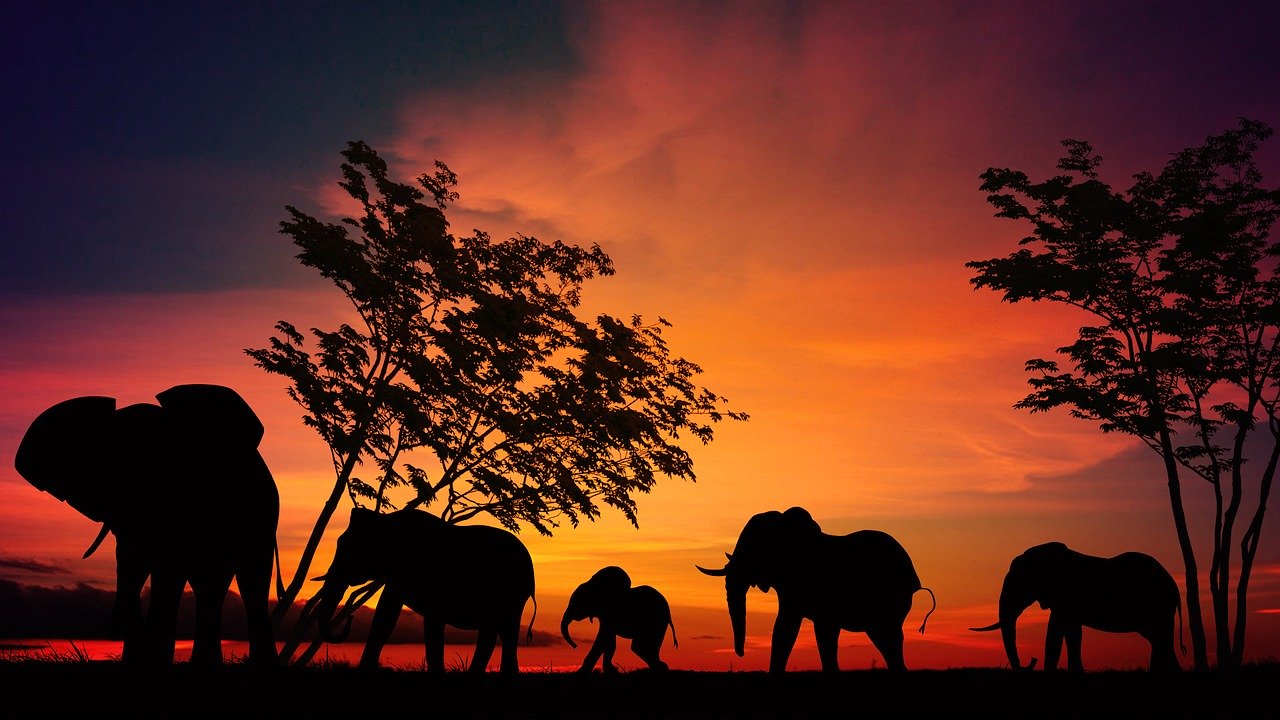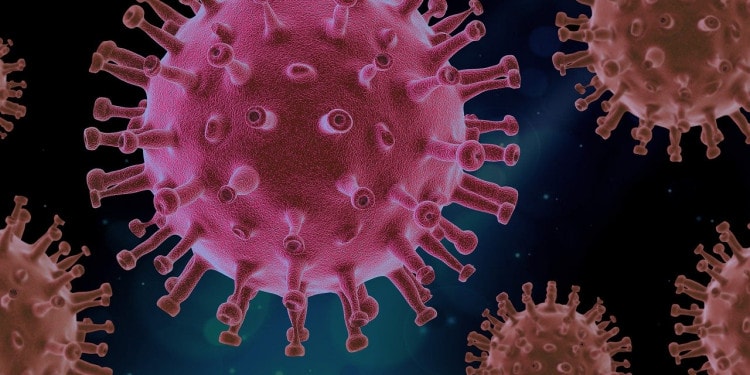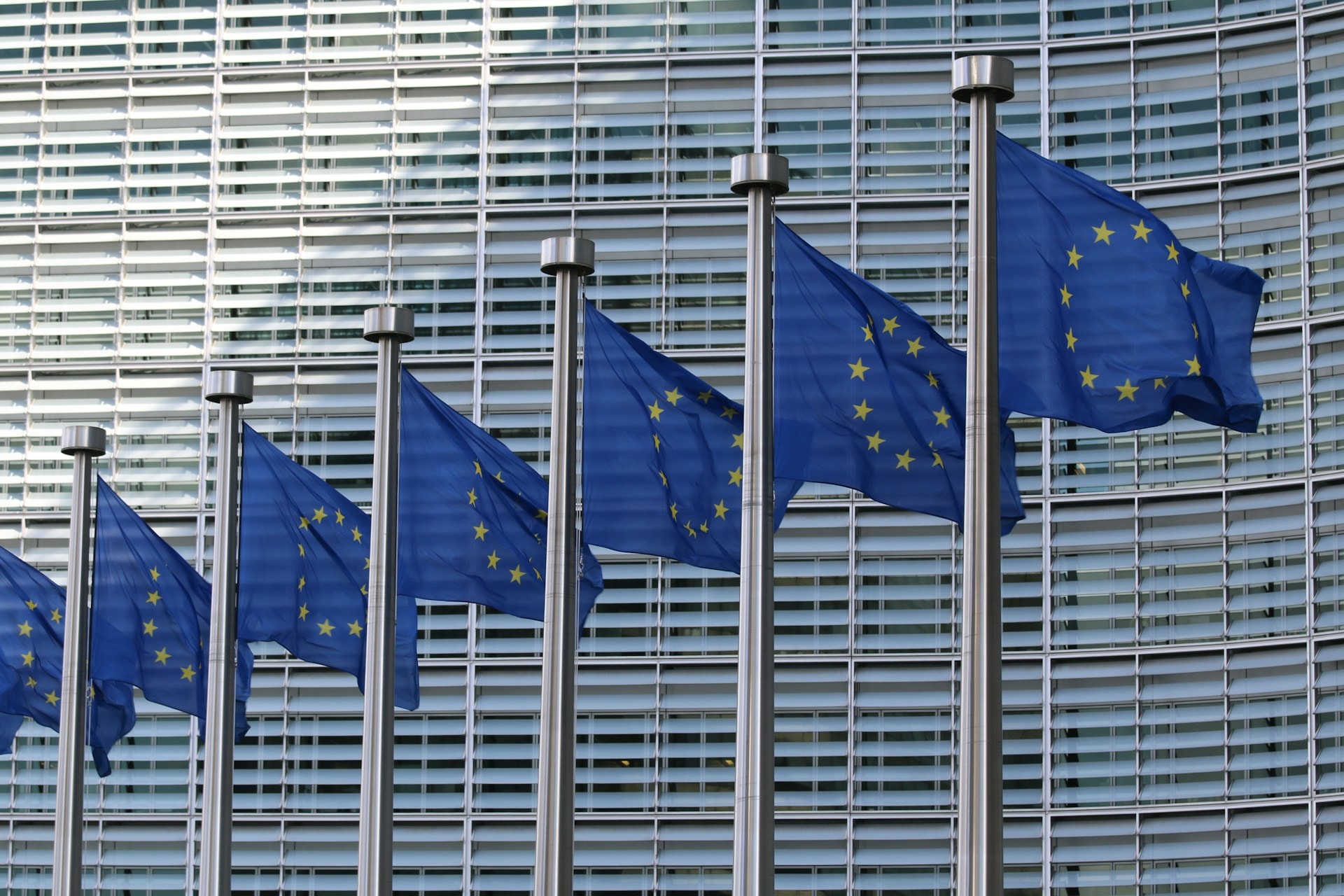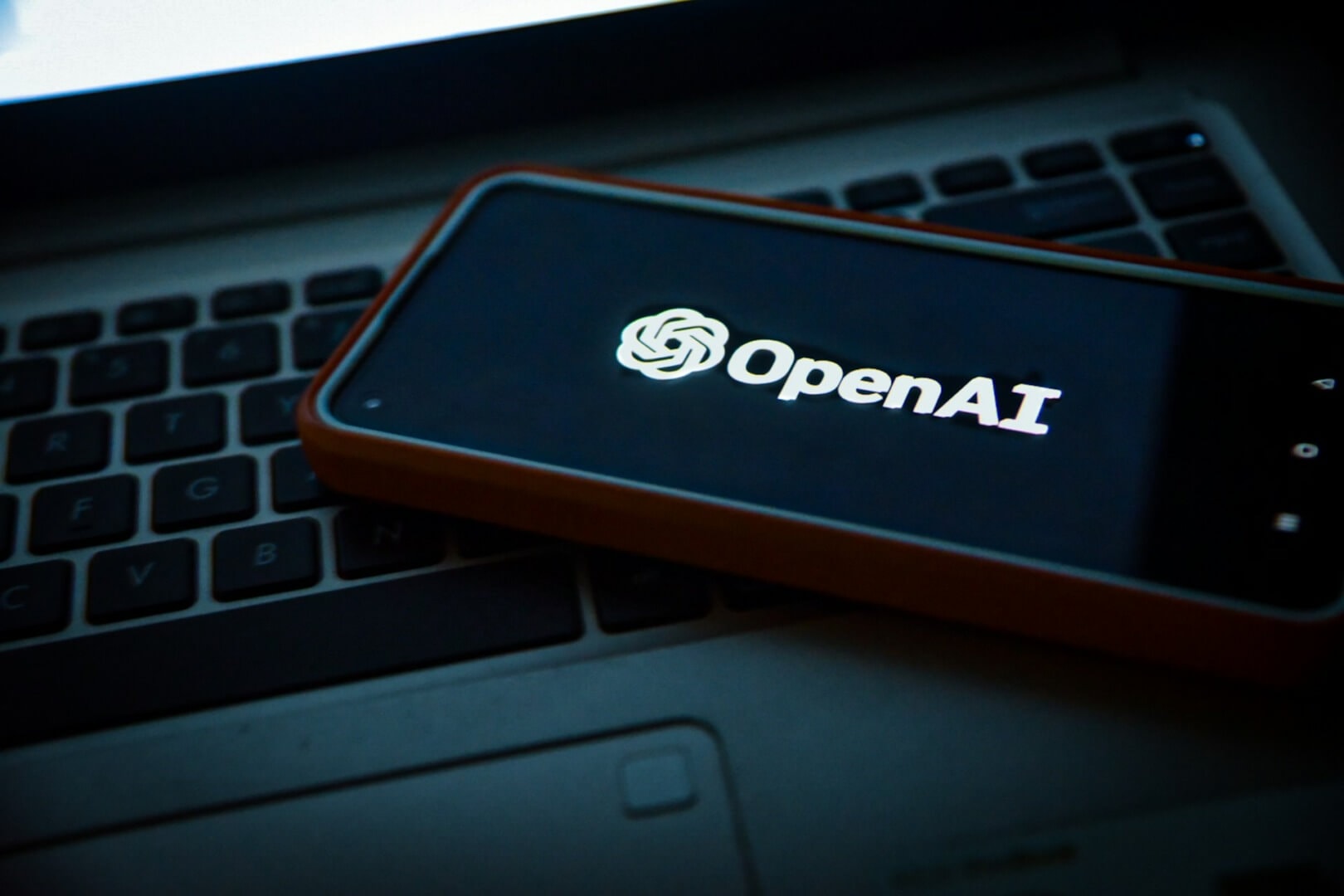The number of COVID-19 cases in African countries has been steadily increasing, as has been the trend worldwide. In March 2020, the Africa Centres for Disease Control and Prevention issued Guidance on Community Social Distancing During COVID-19 Outbreak.
Recommending African Union Member States to immediately implement individual social distancing and plans to implement community social distancing.

With social distancing measures now implemented in varying degrees across the continent (from general awareness messaging to complete lockdown), #BeingAfricanInAfrica, I have been observing common threads across the continent on what young Africans are doing to keep themselves occupied. It is no surprise that a good number of them are taking to social media and digital platforms to keep themselves busy.
With the freedom of movement of people on the continent curtailed, I have noted that for those with access to smartphones and the Internet, the digital space is providing more and more solace to Africa’s youth, largely for entertainment and escape purposes, but for some, it is also the means through which to make a lasting positive impact.
It may also appear that COVID-19 has unleashed a new wave of African creativity and ingenuity. Judging from the number of videos, skits, and audio content doing the rounds on social media, African youths have not been sitting around and twiddling their thumbs. Rather, they have been using their thumbs and fingers to capture daily happenstances in addition to creating their own original works and memes.
Let us for a moment, take a brief look at – yes – hand sanitizer. Aside from the fact that the commodity is selling like hotcakes, resulting in endemic shortages, some African youths are capitalizing on the opportunity in the market by peddling hand sanitizers as a fast-selling commodity to those in desperate need, that is, everybody else.

On the social media front, I have received several memes on the mispronunciation of ‘hand sanitizer,’ a tongue twister to many a tongue of non-native English speakers. The clips depict localized articulations ranging from ‘AN-SANI-TAIZAH’ to ‘SANTA-ANA-TAIZAH.’
While COVID-19 is no laughing matter really, leaders across the continent are seeking and implementing emergency, short, mid and long-term solutions in response to not only the coronavirus, but other future emergencies that may arise. In all this, it is clear though, that the digital space will continue to play a critical role in facilitating sustainable solutions.
Take the case of Angele Messa, for instance. The pandemic has found the EdTech Entrepreneur from Yaoundé in Cameroon, stepping up her game in providing online education to children, through her platform called EduClick.
Angele finds it unacceptable that young people drop out of school due to armed conflicts and poverty. She, therefore, founded EduCick to also promote excellence and help youths achieve their full potential.
Many other tech-savvy young Africans are also stepping up their game in providing contactless solutions that are proving to be most useful during the pandemic, such as money transfer apps and health insurance cover for disadvantaged communities.
In a few other countries that have not yet enforced rigid measures on social distancing, youths are part of simple solutions such as food and groceries’ deliveries for those with access to the Internet, in order to limit people’s movements on the streets.
It goes without saying then, that while social media and digital platforms are helping young African’s to bravely weather the storm of the novel coronavirus, the digital economy is a good opportunity through which the jobless youth in African can continue to play an even greater role.

[1] Africa CDC is the continent’s vehicle for strengthening the capacity and capability of Africa’s public health institutions as well as partnerships to detect and respond quickly and effectively to disease threats and outbreaks. To help countries respond, Africa CDC recommends countries to tailor their response activities to the stage of their epidemic and to the unique African context.














